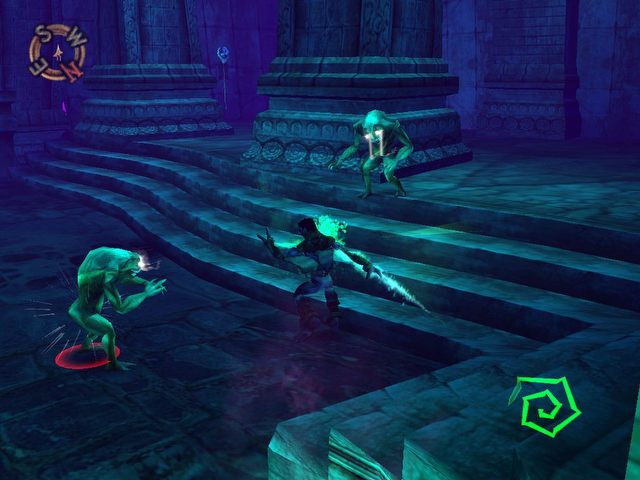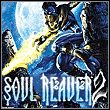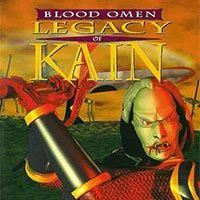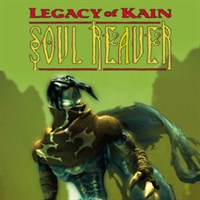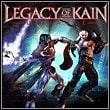Soul. Legacy of Kain - The Best Video Game Series Ever is Unplayable Today
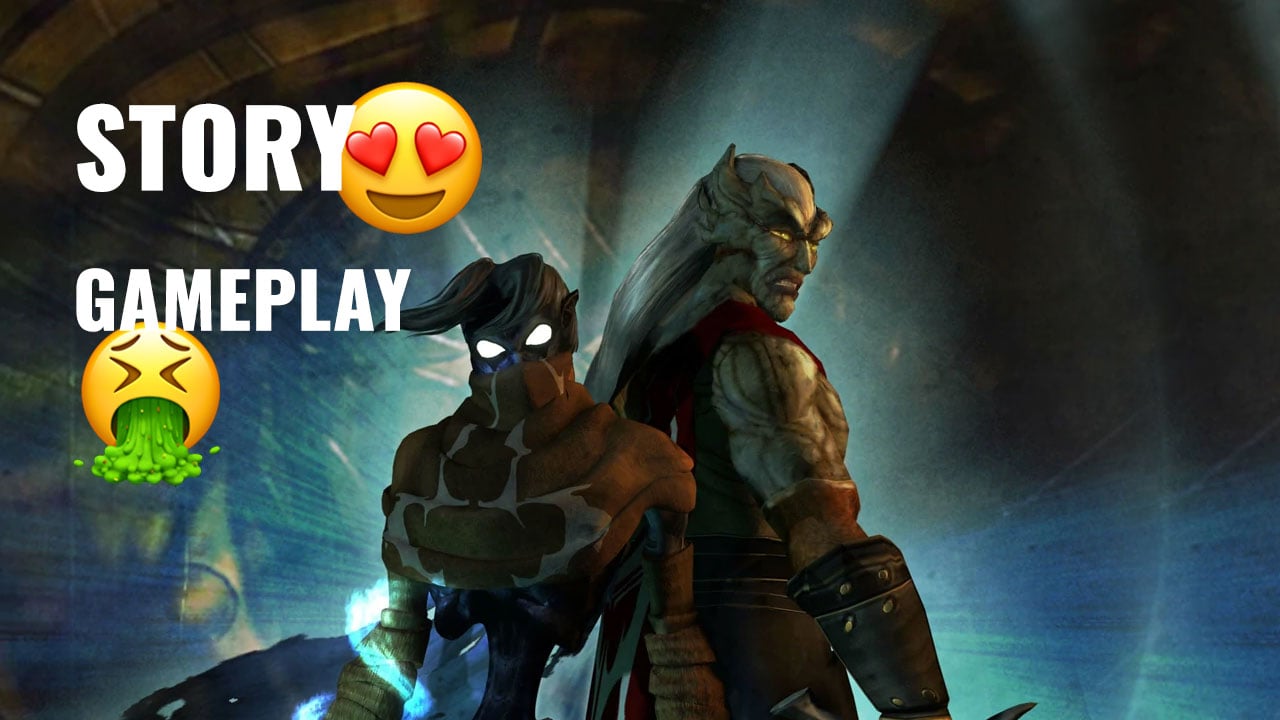
Soul
Ok. So I've been let down by a game that's decades old because they're unplayable by modern standards, and nobody except the craziest fans will want to play it; still, I love them. All of them. Yes, even Blood Omen 2 – though a little less so. Still there are plenty of reasons to love Legacy of Kain.
At one point I shrugged if off. I went through these games, each one piece by piece, hoping to sink into one of them again. But it didn't click. Then I launched a youtube longplay with the full game. And then I was reminded about what exactly made these productions the epic odysseys they were. You see, Legacy of Kain may be a set of barely playable games (depends who you ask), but as a story, it achieved some remarkable feats. On the one hand, it offered truly villainous, ruthless and predatory vampires, while on the other, it turned the romanticism of this motif into an epic, almost Shakespearean narrative.
Similar magic was achieved by both Silicon Knights with Blood Omen and Crystal Dynamics, with Amy Henning at the helm. The director of Uncharted gave us a monumental masterpiece long before the Nathan Drake series. She saw potential in the dark, somewhat poetic fantasy of the first part and used it to take us on an unforgettable journey. While entering the third dimension didn't really help the gameplay, the story is undoubtedly gripping. It doesn't matter if this is your first encounter with Kain and Raziel or your fifth in a row. This story can be repeated over and over again. And this contradiction is in fact irony worthy of a Greek tragedy. Because that's what Legacy of Kain is.
A dramatic story in which the characters face impossible choices. In which they contend with humans, gods, monsters, their own kin, each other, and the damned fate itself. And it's just plain beautiful. Pure, dark, gothic beauty. Because, especially in Soul Reaver, there are echoes of classic horror and dark fairy tales. These games aren't scary, but the anxiety that seeps out at every step of the adventure can penetrate you to the bones. As we walk through monumental, deserted ruins, temples, castles and catacombs, we're accompanied by an overwhelming loneliness. And the realization that we are entering places where incomprehensible forces far more powerful than ourselves are at work.
You see, Legacy of Kain may not be visually attractive (at least up to Soul Reaver 2), it owns when it comes to art, location and sound design, and characters. If a game ever deserved every possible award for sound design, it's Legacy of Kain. The main theme of Soul Reaver by composer Kurt Harland is a mind-blowing sonic journey through times, dimensions, and against fate. Finally, there are the dialogs – superbly written and sublimely performed. The voice actors took advantage of every possible hint of drama they could find in the script. The entire cast deserves a round of applause, but the leading trio in particular – Michael Bell (Raziel), Simon Templeman (Cain) and the late Tony Jay (Elder God) – deliver some stellar work. It's an unforgettable set of characters. Raziel's zealot wrath, Cain's tragic cynicism, or, finally, the mystery of Elder God. All the force and power of these characters was perfectly conveyed in the vocal performances.
Once you accept the crude gameplay of the PS1 and PS2 era, you get... Well, a work of art. Gripping, touching, and offering more than emotions alone. There's a powerful message, there are almost philosophical questions. And there's a damn charismatic set of characters. A work of art that was never completed.
